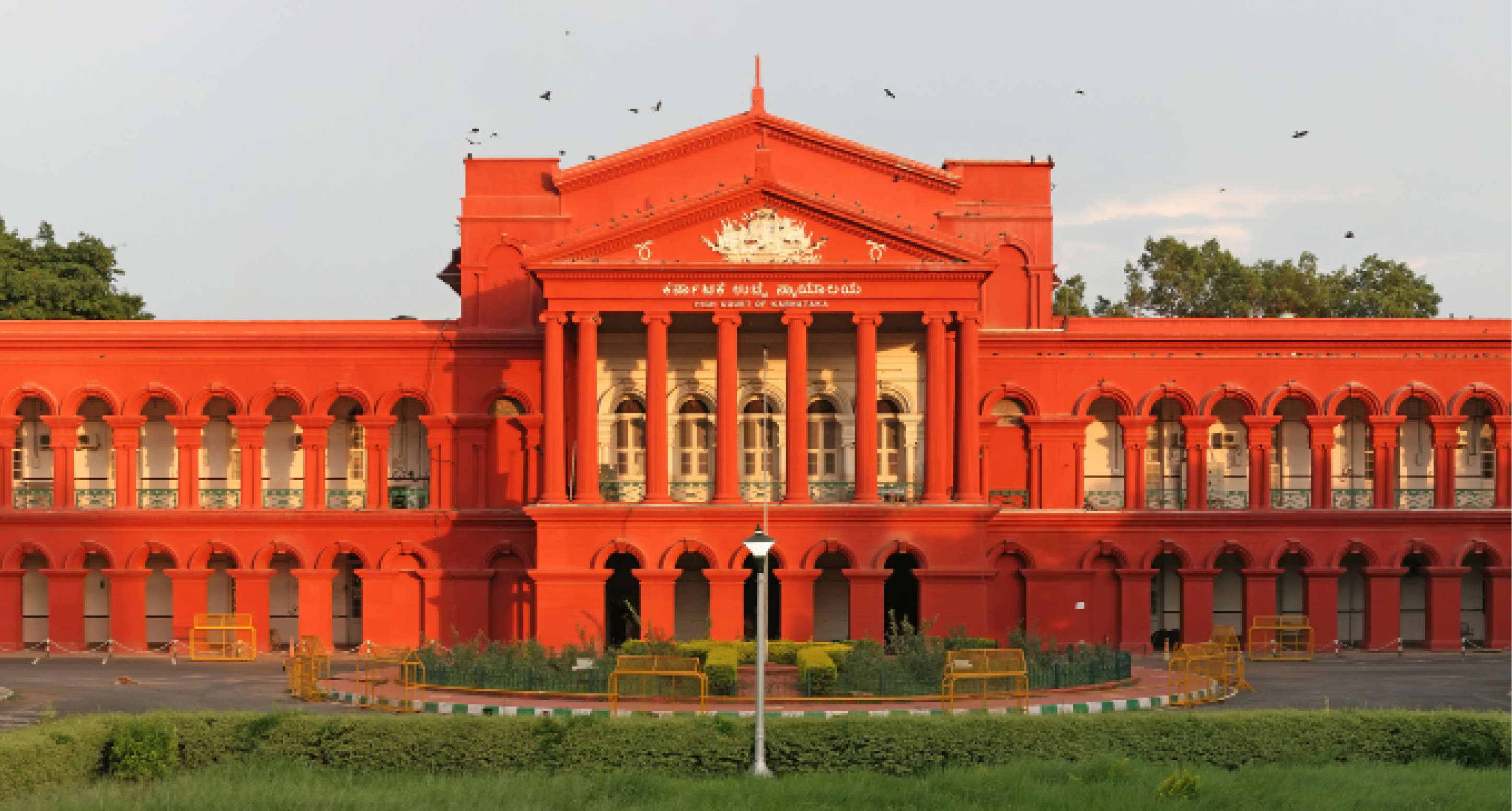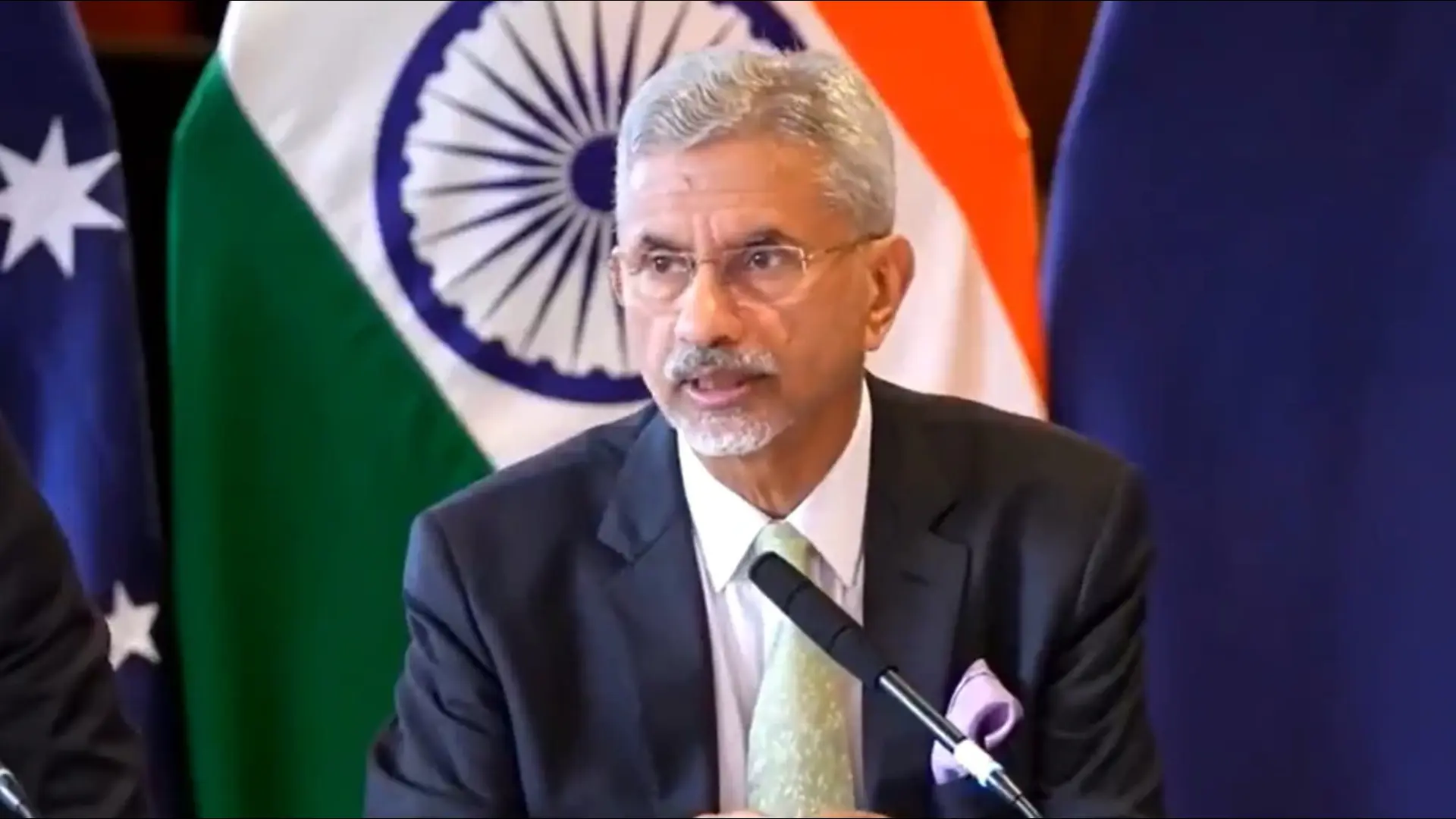It is definitely in the fitness of things that the Karnataka High Court in a most learned, laudable, landmark, logical and latest judgment titled ABC vs The State & Anr. in Criminal Petition No. 9997 of 2022 that was pronounced as recently as on December 20, 2023 has quashed a criminal trespass and intimidation case against a man who attempted to visit his eight-year-old daughter posing as a waste collector after his estranged wife had rescheduled his visitation by a week. It must be applauded that the Single Judge Bench comprising of Hon’ble Mr Justice M Nagaprasanna of Bengaluru High Court of Karnataka who authored this recent judgment while ruling on it held that, “The act of posing as a waste collector in August last year showed only “the anxiety of a father to meet his daughter.” The Bench also termed the wife’s allegation of criminal trespass and intimidation as “abuse of process of law and an attempt to settle scores.”
It must be noted that the Bench while allowing the petition and quashing the proceedings against the petitioner observed unequivocally that, “Therefore, to avoid patent injustice and miscarriage of justice, I deem it appropriate to exercise my jurisdiction under Section 482 of the CrPC and obliterate the proceedings against the petitioner (husband).” It must be noted that the husband lives in Byrathi and the wife in an apartment in Kothanur and both these places are in Bengaluru city. We must also be aware that the couple was married for 12 years and the couple parted ways in September 2020.
At the very outset, this brief, brilliant, bold and balanced judgment authored by the Single Judge Bench comprising of Hon’ble Mr Justice M Nagaprasanna of Bengaluru High Court of Karnataka sets the ball in motion by first and foremost putting forth in para 1 that, “The petitioner is before this Court calling in question registration of a crime in Crime No.142 of 2022 for offences punishable under Sections 504, 506 and 448 of the IPC. The petitioner is the accused and the 2nd respondent is the complainant, wife of the accused. For the sake of convenience the petitioner and the complainant will be hereinafter referred to as husband and wife respectively.”
To put things in perspective, the Bench envisages in para 2 that, “The facts adumbrated are as follows:-
The petitioner and the complainant get married and their relationship turns sour. On turning sour, proceedings come to be initiated before the concerned Family Court at Delhi and the two dissolved their marriage by mutual consent and a decree of divorce is granted on such mutual consent under Section 13B(2) of the Hindu Marriage Act, 1955 by the competent Court at Delhi. The term of compromise for divorce by mutual consent was that the parties would agree with the right of the husband to visit the daughter on every Saturday from 3 p.m. to 5 p.m. either at the residence of the wife or at a neutral place like the activity zone, or mall inter alia. Based upon the said compromise the two part-ways on 21-09-2020 and the custody of the daughter was with the wife. The petitioner alleges that the wife had intermittently breached the undertaking of visitation as available to the petitioner in terms of the compromise.”
As we see, the Bench then further discloses in para 3 mentioning that, “A particular incident happens on 19-08-2022. The wife communicates a mail to the husband rescheduling the visitation to 27-08-2022. The petitioner confirms of having received the communication as having noted. But, despite rescheduling, the petitioner enters the wife’s building on 20-08-2022 and despite being denied permission three times on the mygate app, he tries to get through other modes to meet his daughter. At that point in time the wife was not at home and the petitioner attempts to meet the daughter. Such attempt to meet the daughter forcefully led the complainant to register a complaint before the jurisdictional police for offences punishable as afore-quoted. It becomes a crime in Crime No.142 of 2022. After registration of crime, the petitioner knocks at the doors of this Court in the subject petition and this Court has interdicted further investigation in the aforesaid crime. The crime is registered on 07-09-2022 alleging the incident that happened on 20-08-2022.”
Do note, the Bench notes in para 7 that, “I have perused the material on record. The petitioner and the 2nd respondent by mutual consent parted ways before the Family Court at Saket, New Delhi. The parting of ways was with several conditions. The conditions that are germane to be noticed are as follows:
“i. It is agreed between the parties that the permanent and sole custody of daughter Aaliyah shall remain with the mother/petitioner No.1.
ii. It is agreed between the parties that petitioner No.2 shall have the visitation rights every Saturday from 3 p.m. to 5 p.m. either at the residence of the petitioner No.1 or at a neutral place like an activity zone, mall etc.”
The condition was that the custody of the daughter would be with the wife and it was agreed between the parties that the husband will have visitation rights every Saturday from 3 p.m. to 5 p.m. either at the residence of the wife or at a neutral place like the activity zone or mall. The other conditions are not germane to be noticed for the issue in the lis. Therefore, the husband did have valid visitation right. The parting of ways happens on 21-09-2020. The decree of divorce is drawn up on the basis of the aforesaid compromise. Visitation continued when the family shifted to Bangalore, both the husband and wife, at different intervals. The petitioner, as observed hereinabove, had visitation rights on every Saturday. The visitation was to happen on 20-08-2022 on a Saturday. On 19-08-2022 the wife communicates a mail rescheduling the visitation to 27-08-2022, the next Saturday. Therefore, the wife took away the right of visitation on 20-08-2022. It is the averment in the petition that on several such occasions, the visitation had been breached by the wife.”
Be it noted, the Bench notes in para 8 that, “The petitioner reaches the apartment complex where the wife and child stay and tries to get in by recording his name at the gate through mygate app which is in the control of the wife, but permission is denied. He again tries. Permission is again denied. He tries for the third time but permission is again denied. The anxiety of the petitioner was to meet his daughter and if he would lose the time of visitation, he would not meet her that day till the next one week, as the visitation was only for one day in a week i.e., every Saturday from 3 p.m. to 5 p.m. Therefore, if the husband had lost the visitation on Saturday, the next visitation would be next Saturday only. He then gets into the apartment contending that he wants to park his car and accordingly escapes the security. When the security chased him, the husband gets into the garbage van at the tailgate where the garbage is placed as if he is guarding the garbage. He reaches the house of the wife along with the people who collect garbage, visits the house and tries to meet the daughter and comes back. A complaint comes to be registered after about 15 days of the incident i.e., on 07-09-2022 alleging that 08 year old daughter went into a trauma on suddenly seeing the petitioner, rushed into the bathroom and locked herself for two hours. A typical story is twined by the wife as she had communicated that on 20-08-2022 she could not permit visitation to the husband; it is rescheduled to 27-08-2022. The husband appears to have replied the mail as ‘noted’. Despite that entering the house by the husband has triggered the entire incident of the wife registering a crime against the husband that too for offences punishable under Sections 448, 504 and 506 of the IPC.”
It is also worth noting that the Bench notes in para 9 that, “After 15 days when the crime comes to be registered, the Police have not even looked into what is the issue between the two and have straight away registered the crime. The wife, therefore, on this triviality has sought to set the criminal law into motion for an offence under Section 448 of the IPC. Section 448 of the IPC deals with punishment for house trespass. House trespass is defined under Section 442 which reads as follows:
“442. House-trespass.—Whoever commits criminal trespass by entering into or remaining in any building, tent or vessel used as a human dwelling or any building used as a place for worship, or as a place for the custody of property, is said to commit “house-trespass”.
Explanation.—The introduction of any part of the criminal trespasser’s body is entering sufficient to constitute house-trespass.” (Emphasis supplied)
A person who commits criminal trespass by entering into or remaining in any building of another is said to be committing house trespass. Criminal trespass is defined under Section 441 of the IPC. It reads as follows:
“441. Criminal trespass.—Whoever enters into or upon property in the possession of another with intent to commit an offence or to intimidate, insult or annoy any person in possession of such property,
or having lawfully entered into or upon such property, unlawfully remains there with intent thereby to intimidate, insult or annoy any such person, or with intent to commit an offence, is said to commit “criminal trespass”.
Whoever enters into or upon property in the possession of another with an intention to commit an offence is said to be committing criminal trespass. It is un-understandable from where the ingredients of the offence can spring in the case at hand.”
Most significantly, the Bench mandates in para 10 holding that, “The husband had valid visitation right on the day that he wanted to visit the daughter. Therefore, he had a right in law by an order of the competent Court, to visit the daughter. He seeks to visit the child. It is rescheduled by the wife to the next Saturday. The husband lost the opportunity of looking at the daughter on 20-08-2022. He, therefore, enters into a garbage van and meets the daughter as if he is one amongst the people who would enter the house to lift the garbage. This is the anxiety of the father to meet the daughter. This is dubbed by the wife to be a criminal trespass into the house with a criminal intent to intimidate the daughter. The alleged intimidation leads to two more offences being added i.e., Sections 504 and 506 of the IPC. The ingredients of Section 504 and 506 are found in Section 503. Section 503 reads as follows:
“503. Criminal intimidation.—Whoever threatens another with any injury to his person, reputation or property, or to the person or reputation of any one in whom that person is interested, with intent to cause alarm to that person, or to cause that person to do any act which he is not legally bound to do, or to omit to do any act which that person is legally entitled to do, as the means of avoiding the execution of such threats, commits criminal intimidation.
Explanation.—A threat to injure the reputation of any deceased person in whom the person threatened is interested, is within this section.”
Section 503 criminal intimidation requires threatening another person by the accused with an injury to his person, reputation or property. Where from the husband has criminally intimated the daughter is again un-understandable. Therefore, all the offences are loosely laid against the petitioner. If any further investigation is permitted to continue, it would become, on the face of it, an abuse of the process of law and misuse of the provisions of law by the wife against the husband to settle her scores. Therefore, to avoid patent injustice and ultimate miscarriage of justice, I deem it appropriate to exercise my jurisdiction under Section 482 of the CrPC and obliterate the proceedings against the petitioner.”
Finally and as a corollary, the Bench then concludes in para 11 by holding that, “For the aforesaid reasons, I pass the following:
O R D E R
(i) Criminal petition is allowed.
(ii) First Information Report registered in Crime No.142 of 2022 before the Kothanur Police Station and pending before the 11th Additional Chief Metropolitan Magistrate, Mayohall, Bengaluru stands quashed.
Pending applications if any, also stand disposed, as a “consequence.”
sum up, we thus see that the Karnataka High Court very rightly ruled that the father who was trying to meet his daughter due to denial of visitation right by her mother is not criminal trespass/intimidation. It is the bounden duty of all the Judges in India to rule similarly in similar such cases as we see the Single Judge Bench comprising of Hon’ble Mr Justice M Nagaprasanna of Bengaluru High Court of Karnataka has ruled so very commendably, concisely and convincingly in this leading case!























